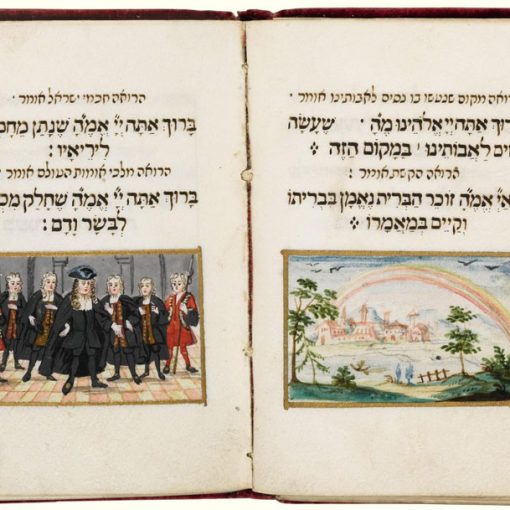Tracy Mitrano, Director of IT Policy and Computer Policy and Law Program, Cornell University Anita Rho, Student, Cornell University Abstract
Facebook represents a growing number of applications that provide communication, connection, and community building among users, so please bring your laptop to this session for an introduction to this cool new tool! We will learn how to create an account, make “friends” (connections with others you know or would like to know who share common interests), and use various functionalities such as bulletin boards, “poking,” or posting content such as text, photos, and video. If the prognostications are true that e-mail is for old people and social networking is the new killer app, then come join the future!
She asked how many of us had a Facebook account and use social networking software with our students and a large amount of us have. To be expected with this crowd…
Web 2.0
Examples will be posted (I am not sure where). Just Google “what is Web 2.0.” Interesting…from O’Reilly:
| Web 1.0 | Web 2.0 | |
|---|---|---|
| DoubleClick | –> | Google AdSense |
| Ofoto | –> | Flickr |
| Akamai | –> | BitTorrent |
| mp3.com | –> | Napster |
| Britannica Online | –> | Wikipedia |
| personal websites | –> | blogging |
| evite | –> | upcoming.org and EVDB |
| domain name speculation | –> | search engine optimization |
| page views | –> | cost per click |
| screen scraping | –> | web services |
| publishing | –> | participation |
| content management systems | –> | wikis |
| directories (taxonomy) | –> | tagging (“folksonomy”) |
| stickiness | –> | syndication |
What is all the fuss?
What is it about computers that lowers inhibitions?
Reason for making technology illegal?
The remainder of the comments are from the article above. See also the followup article on the Educause site in the Educause Review.



